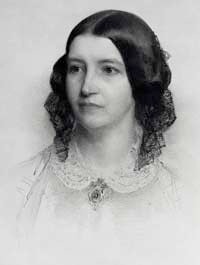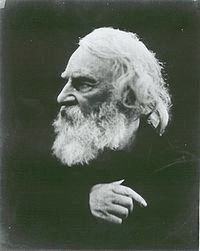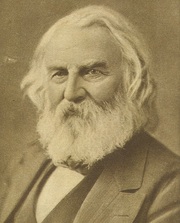Monday, December 15, 2008




I Heard the Bells on Christmas Day
My Visiting Teaching companion shared this story today, so I looked it up on Wikipedia, gathered pictures and the music. I was really touched by it, and thought you might like it, too. Verses 3 and 4 are especially meaningful knowing the history!
Henry Wadsworth Longfellow was a famous American educator and poet. On July 9, 1861, a hot day, his wife Fanny was putting locks of her children's hair into an envelope and attempting to seal it with hot sealing wax while Longfellow took a nap. Her dress suddenly caught fire, though it is unclear exactly how; it may have been burning wax or a lighted candle, which fell on her dress. Longfellow, awoken from his nap, rushed to help her and threw a rug over her, though it was too small.

Devastated by her death, he never fully recovered. He expressed his grief in the sonnet "The Cross of Snow" (1879), which he wrote eighteen years later to commemorate her death:
Such is the cross I wear upon my breast
These eighteen years, through all the changing scenes
And seasons, changeless since the day she died.
The Civil War began in the same year of Fanny’s death, and in 1863, Longfellow’s son Charley ran off to join the fighting.
On Christmas day, 1864, still grieving the loss of his dear wife, and receiving news that his son Charles had suffered wounds as a soldier in battle, Longfellow wrote "Christmas Bells."


I hope you feel the peace this season that the gospel of Jesus Christ offers to us all!

Photograph of Fanny Appleton Longfellow with sons Charles and Ernest
He stifled the flames with his body as best he could, but she was already badly burned. Fanny was taken to her room to recover and a doctor was called. The next morning, July 10, 1861, she died shortly after 10 o'clock. Longfellow, in trying to save her, had burned himself badly enough that he was unable to attend her funeral. His own injuries to his face were bad enough that he stopped shaving, thereafter wearing the beard, which became his trademark.
